South Korea Faces Political Crisis
The legislature impeached Han Duck-soo in December, soon after impeaching President Yoon Suk Yeol for declaring martial law. Mr. Yoon’s fate is still unclear.
Prime Minister Han Duck-soo of South Korea was restored to office as acting president on Monday, after the country’s Constitutional Court overturned his impeachment by the National Assembly. But the ruling did little to herald any political stability in the country, which has lurched from crisis to crisis.
Political Turmoil and Impeachment in South Korea
As South Korea navigates through its political upheaval, the focus remains on the Constitutional Court’s pending decision regarding President Yoon Suk Yeol. The uncertainty surrounding his fate continues to weigh heavily on the nation. The court’s eventual ruling will not only determine the immediate political landscape but will also have long-term implications for South Korea’s governance and stability. Observers and citizens alike are keenly aware that the decision will heavily influence the country’s ability to address external threats and internal challenges effectively. With North Korea’s nuclear ambitions and potential economic impacts from global trade changes, South Korea’s leadership faces critical tests ahead. In this turbulent environment, the discourse between political factions reflects widespread anxiety, highlighting the urgent need for a cohesive strategy to steer the nation through its current crisis and beyond.
The Constitutional Court’s Role and Decisions
The tension between the rival political factions has further escalated with each side blaming the other for the country’s precarious situation. The opposition has been especially vocal, arguing that the chaotic state of affairs can only be resolved by President Yoon’s permanent removal from office. They assert that the impeachment proceedings, while disruptive, are necessary to address what they see as an overreach and abuse of power by the current administration. Meanwhile, supporters of President Yoon argue that the attempts to oust him are politically motivated and dismiss the legitimacy of the Assembly’s claims. The atmosphere in the nation remains charged, with public demonstrations and heated debates playing out as South Koreans await the Constitutional Court’s decisive ruling on Mr. Yoon’s impeachment.
Challenges of Political Polarization in South Korea
The ongoing political turbulence has sparked widespread public protests and debates across South Korea. Citizens, divided in their opinions, have been taking to the streets, with many demanding immediate solutions to address the national crisis. Some view the impeachment crises and the subsequent court proceedings as a reflection of deeper systemic issues that require comprehensive reform. Meanwhile, others are more concerned with the immediate economic implications and national security threats, such as North Korea’s military activities, which loom large over the nation. Amid these tensions, there’s a growing call for unified leadership and a clear path forward to stabilize the government and ensure the country’s continued prosperity and international standing.
Implications of the Constitutional Court’s Decision
As South Korea stands at a crossroads, the outcome of President Yoon Suk Yeol’s impeachment continues to cast a shadow over the nation’s political landscape. The Constitutional Court’s recent decision brought temporary reprieve for Prime Minister Han Duck-soo, but uncertainty lingers with the potential reinstatement or removal of Mr. Yoon. South Korea’s future remains uncertain, and the nation must navigate its internal challenges while also confronting broader international pressures. The resolution of this political turmoil will be crucial in determining how the country moves forward and addresses the significant internal and global issues it faces.
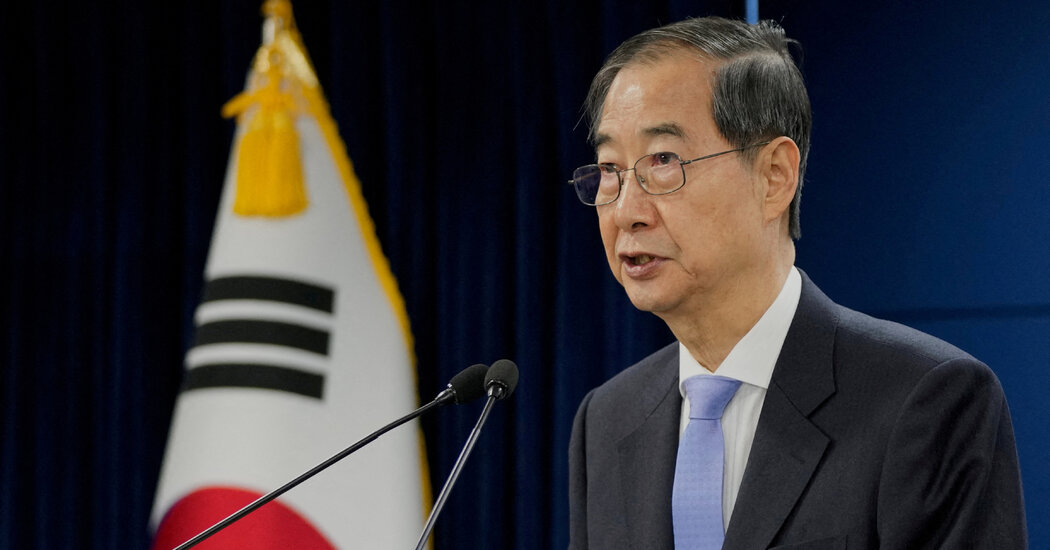
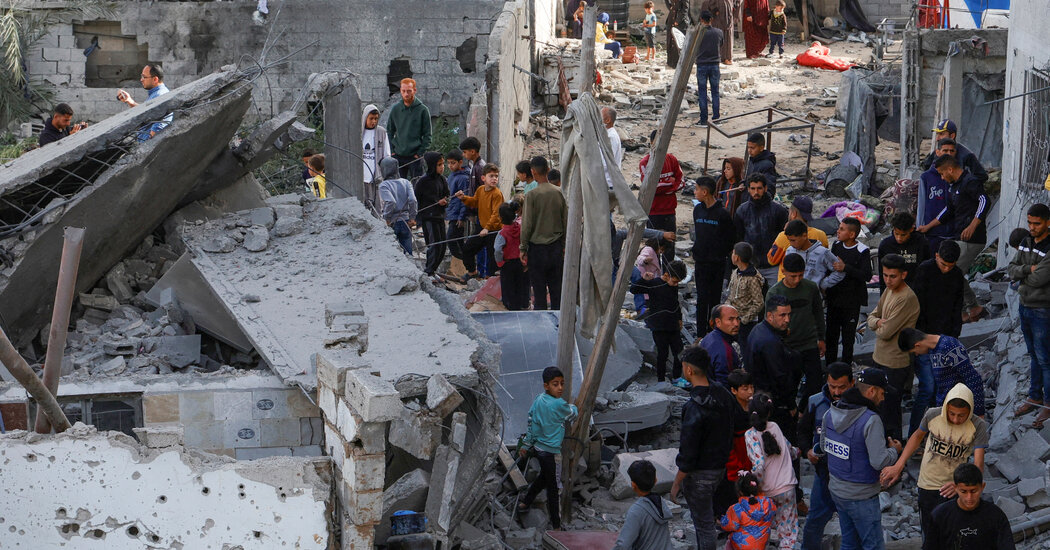
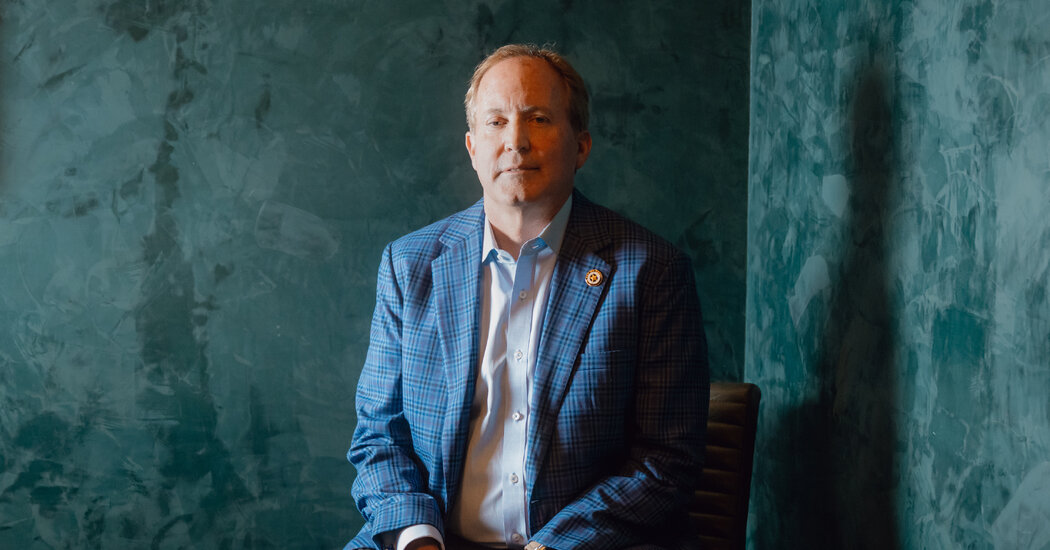
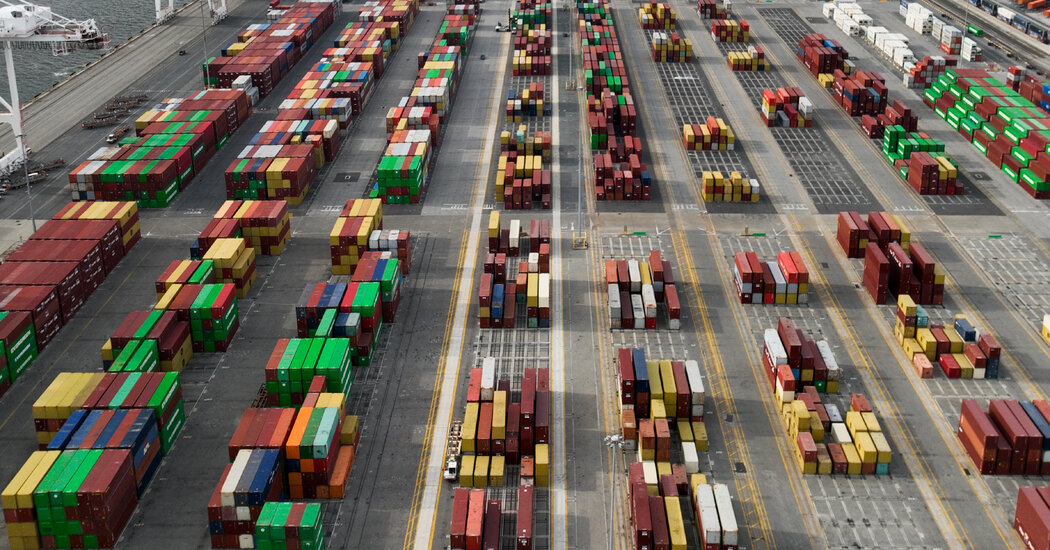
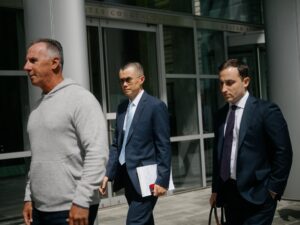









Post Comment